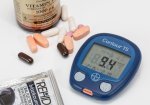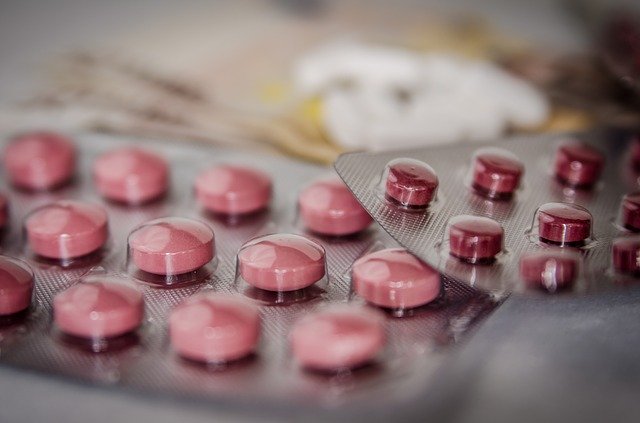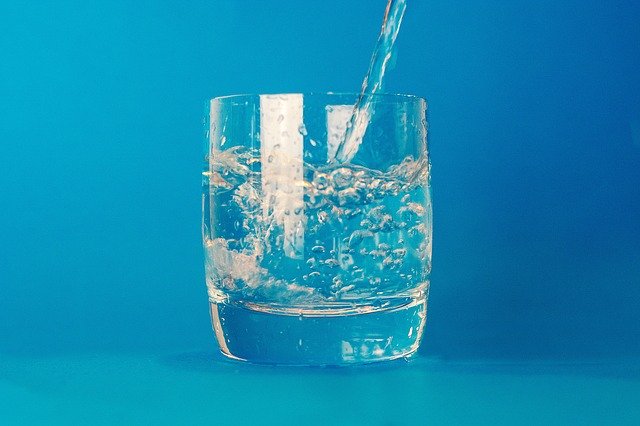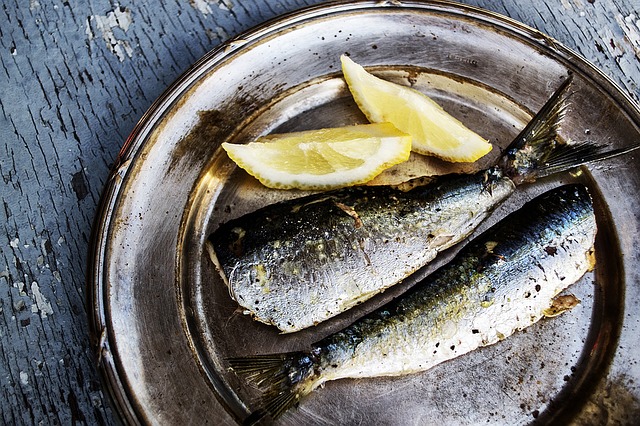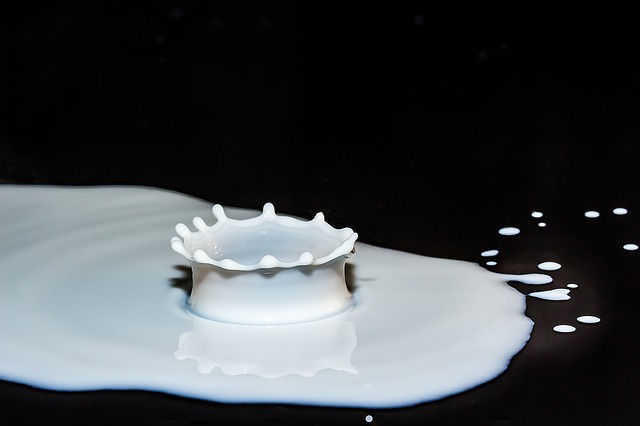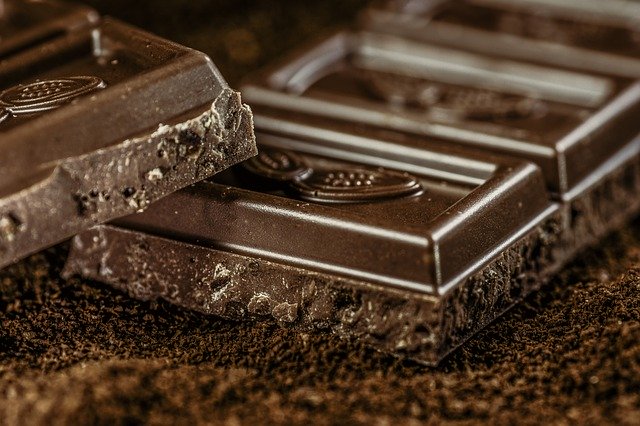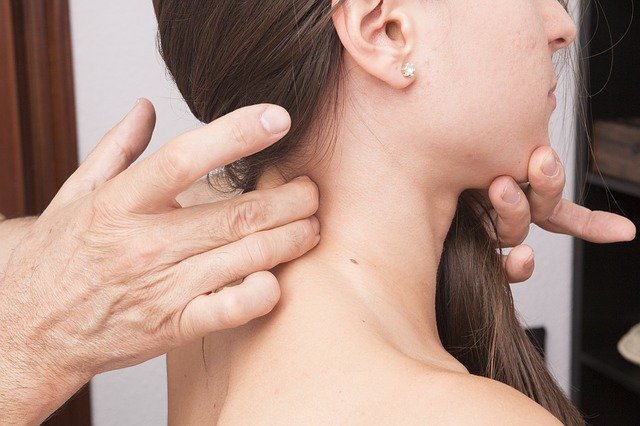Hypertension Pathophysiology
By Hillary Milliband

Hypertension pathophysiology essentially speaks of how chronic high blood pressure medically known as hypertension alters function in an individual or organs due to the disease. By definition blood pressure is the force exerted on the artery walls as blood is flowing in the blood vessels. This force is communicated via blood pressure numbers showing systolic and diastolic measurements recorded as mmHg (millimeters of Mercury). Blood pressure is therefore influenced by the constriction or dilation of vessel walls as well as the volume of blood flowing in the arteries. Hypertension is classified into two based on its causes namely primary essential hypertension and secondary hypertension. The causes of primary hypertension are unknown and this is a representation of up to 95 percent of cases of high blood pressure. Secondary hypertension causes are known and this relates to only 5 to 10 percent of all sufferers. Pediatric hypertension has been shown to be mostly linked to secondary hypertension.
One of the most commonest effects of hypertension in individuals is the inability to carry out intense physical exercise. People with high blood pressure are discouraged from intense physical exercise such as weight lifting. This doctors warn has the effect of putting pressure on a patient's heart apart from increasing heart rate and blood pressure. Sharp blood pressure spikes which are intense may lead to hypertension end-stage outcomes such as stroke, heart attack, heart failure and even blindness in extreme cases even though rare. Chronic high blood pressure can not be cured. All doctors do is to control the blood pressure and ensure that it does not uncontrollable leading to stroke or heart attack the biggest killers of hypertension patients.
Another consideration in as far as hypertension pathophysiology is concerned is the effect of high blood pressure on organs. Chronic high blood pressure is notoriously known to cause irreversible organ damage. This damage can occur to important and sensitive organs such as the liver, kidneys, heart and eyes. This is yet another reason hypertension must be controlled; to avoid terrible organ damage. Damage to organs such as kidneys may lead to kidney related hypertension called renovascular hypertension. The ultimate outcome could be kidney faliure which can only be reversed through constant dialysis or organ transplant which is very expensive and involves a very long waiting period.

There is a possibility that when high blood pressure is left untreated especially considering that its symptoms do not readily show an individual can permanently lose their sight. This is primarily because increased blood pressure has the ability to burst tiny sensitive blood vessels behind the eye balls. This may lead to blindness. It is a rather more common occurrence in developing countries where medical care and hypertension diagnosis is not easily accessible.
Hypertension pathophysiology will inevitably include drastic changes that follows is as far as hypertension treatment is concerned. Lifestyle changes are at at the center of chronic high blood pressure treatment. To begin with individuals diagnosed of high blood pressure will need to reduce their sodium intake. The association between salt and high blood pressure is well documented. Sodium found in most salts as the effect of rising blood pressure by retaining water or fluids in the blood stream. Moreover some individuals are salt sensitive and have their blood pressure almost immediately spiking after slat intake. Individuals with hypertension will live with sodium alternatives on a day to day basis. As part treatment hypertension patients will also be recommended to eat foods that lower blood pressure found in specially designed hypertension diet.
Further changes to the lives of individuals with chronic high blood pressure will involve quitting smoking and drinking. Nicotine in cigarettes is known to damage nerves which has an effect on blood pressure. Cigarette smoking is also responsible for spikes in blood pressure a much a similar way is seen in the association between coffee and high blood pressure. Ethanol in alcohol is also believed to cause damage to blood vessels which is responsible for the onset of hypertension. In fact individuals in the prehypertension stage facilitate progression to stage 1 hypertension should they continue smoking or drinking alcohol.
Frequent home blood pressure monitoring will also become part and parcel of life for individuals diagnosed with hypertension. This will also be alongside daily hypertension medication doses to keep blood pressure in control and well managed. This are important hypertension pathophysiology considerations.

Return To Articles On Hypertension from Hypertension Pathophysiology
Return To Hypertension Home from Hypertension Pathophysiology
Disclaimer
Information contained on this website is not meant to replace your doctor's advice.
(c) All Rights Reserved. 2010-2018
